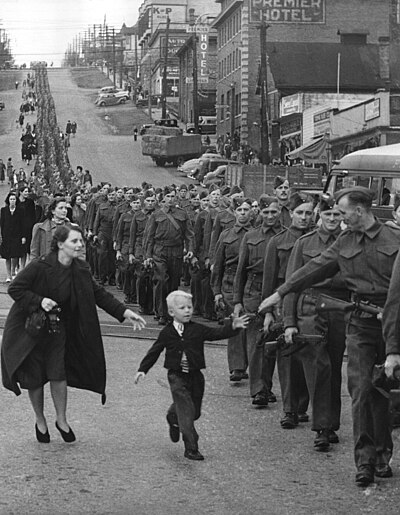User:Alxt
Hey Hey! Perfect homepage for me, feel free to help make it better...
All The Useful Stuff I Need
Open TasksYou can help improve the articles listed below! This list updates frequently, so check back here for more tasks to try. (See Wikipedia:Maintenance or the Task Center for further information.) Fix spelling and grammar
Fix wikilinks
Update with new information
Expand short articles
Check and add references
Fix original research issues
Improve lead sections
Add an image
Help counter systemic bias by creating new articles on important women. Help improve popular pages, especially those of low quality.
Featured Article of the Day Weise's epitaph in Eisenberg, Germany In historical linguistics, Weise's law describes the loss of palatal quality some consonants undergo in specific contexts in the Proto-Indo-European language. In short, when the consonants represented by *ḱ *ǵ *ǵʰ, called palatovelar consonants, are followed by *r, they lose their palatal quality, leading to a loss in distinction between them and the plain velar consonants *k *g *gʰ. Some exceptions exist, such as when the *r is followed by *i or when the palatal form is restored by analogy with related words. Although this sound change is most prominent in the satem languages, it is believed that the change must have occurred prior to the centum–satem division, based on an earlier sound change which affected the distribution of Proto-Indo-European *u and *r. The law is named after the German linguist Oskar Weise (epitaph pictured), who first postulated it in 1881 as the solution to reconciling cognates in Ancient Greek and Sanskrit. (Full article...)
Recently featured:
Picture of the DayWait for Me, Daddy is a photograph taken by Claude P. Dettloff of the British Columbia newspaper The Province. It depicts a column of Canadian Army soldiers of the British Columbia Regiment (Duke of Connaught's Own) marching in New Westminster on October 1, 1940. In the foreground, five-year-old Warren "Whitey" Bernard runs out of his mother's reach towards his father, Private Jack Bernard. The photograph received extensive exposure worldwide, and was used in Canadian war-bond drives.Photograph credit: Claude P. Dettloff; restored by Yann Forget
|
Articles I Have Written
Articles I Have Improved
Wikipedia Useful Stuff
|
Inspired by fine work from User:Siroxo

